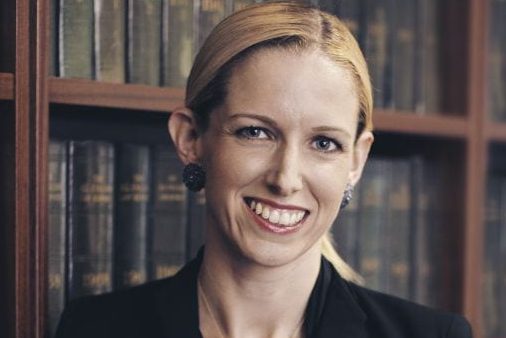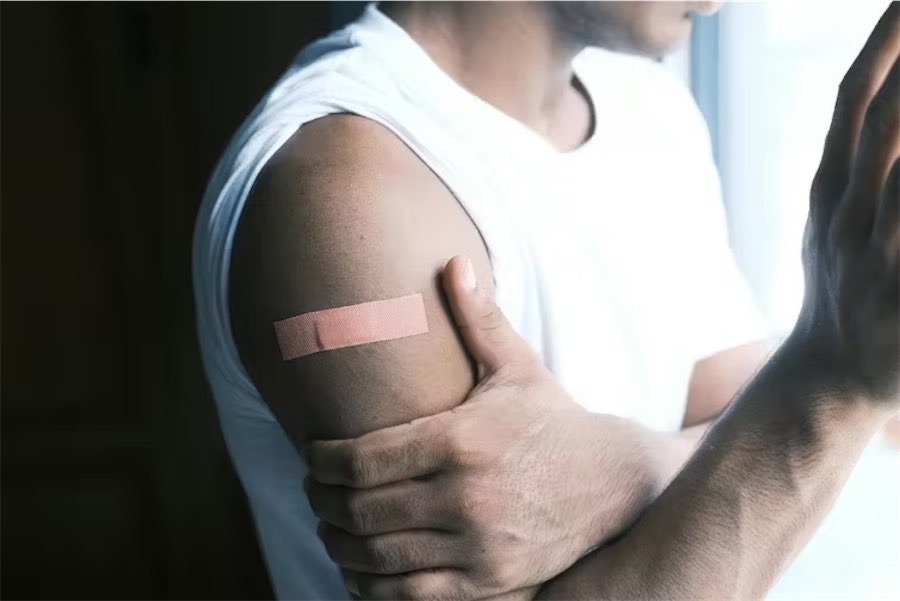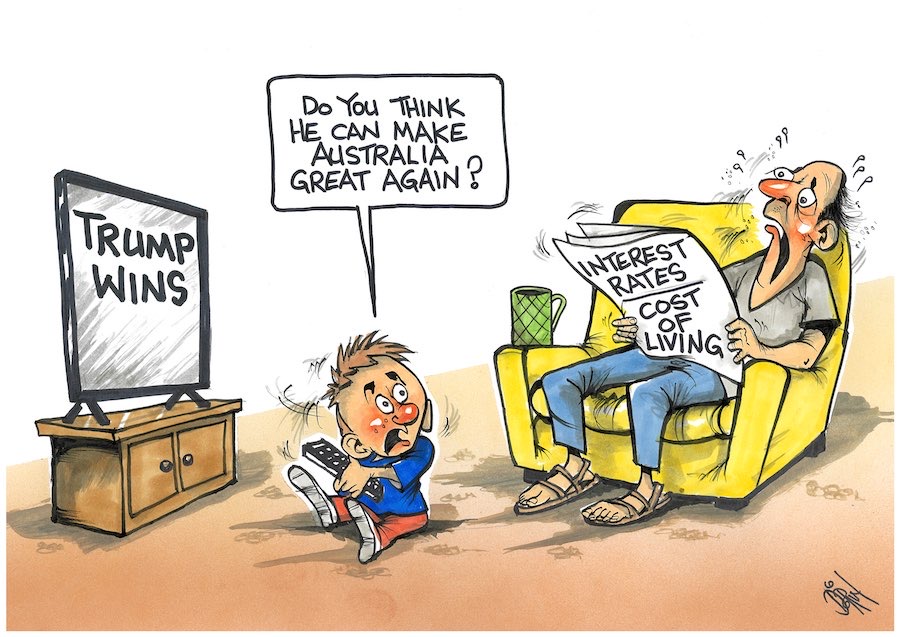
Legal correspondent HUGH SELBY will be commenting on the progress of the highly anticipated Sofronoff Inquiry, established by the ACT government to examine how police, prosecutors and a victim support service handled the allegations made by Brittany Higgins against her former colleague Bruce Lehrmann.
Here he reviews the first glimpse of the commission in action as the inquiry opened on Monday, then paused publicly until May 1.
THE opening of the Sofronoff Inquiry was held in the ACT Civil and Administrative Tribunal’s new premises, close by the ageing Olympic pool in Civic.
Unlike that pool, the ACAT hearing floors are “state of the art”.
The hearings are in the largest available space that is made endurable (unlike most of the hearing spaces) by having clear windows to the outside world along one wall.
Sadly for tribunal parties, but quite appropriately for this inquiry, the room is set up as a formal court room, albeit that the commissioner is at the same level as those appearing and giving evidence.
What we could see on the livestream (and it will be available on the inquiry website https://www.cjsinquiry.act.gov.au/home) was a crowded hearing room, with numbers of lawyers sitting in the manner of traditional classrooms: serried rows one behind the other.
The front-row sitters, that is closest to the commissioner, included (among others): the barrister assisting the inquiry, Ms Erin Longbottom; counsel for the ACT DPP, Mr Mark Tedeschi; and, for local barrister Mr Stephen Whybrow, who appeared for the accused at last year’s trial, Mr David Edwardson.

All of these are senior counsel, once indicated by the suffix SC but now, in a glorious throwback to our British colonial past, as KC for Kings Counsel.
Post-nominals aside, this is an impressive front row. Tedeschi was the senior Crown Prosecutor in NSW for many years, with many much-publicised trials, such as that of (now dead) Ivan Milat. He is also an accomplished photographer and the author of books that delve into notorious crimes.
Edwardson’s recent successes include the acquittal of (now former) NT police constable Zachary Rolfe who was tried for the murder of a young indigenous man.
There’s a dearth of web information about the counsel assisting the inquiry, Erin Longbottom, but her opening remarks were a masterclass in clarity, succinctness, striking a balance among interests, and telling everyone what was being examined and the context of each issue.
She did it all in under 20 minutes, thereby keeping everyone interested. That’s a lesson many advocates might follow.
Then Commissioner Sofronoff raised two interesting issues. The first flowed from a near uniform guideline around Australia as to when prosecutors choose to go to trial. He pointed out that, despite the common language, the practice varied from one DPP to another DPP.
The second issue concerned the tension between what the Victims of Crime Commissioner, Ms Heidi Yates, was empowered to do for those who made allegations of being a victim of crime, and the fundamental “presumption of innocence” that underlies our criminal trials.
The commissioner made clear that he expected those appearing at this inquiry to assist him to resolve these issues.
Between now and the week of May 1, when public hearings will commence, there will be good-faith attempts by the various barristers to guesstimate how long the presentation of evidence from witnesses and the subsequent cross-examinations will be.
Such guesstimates always have the character of “best intentions made in ignorance of necessary to know facts”. Everyone will try; however, as the commissioner observed with wry humour, there has already been some testiness from both sides. There’s bound to be more, not only because of the tight deadlines, but because the thrill (and stress) of any inquiry is the unexpected.
Who can be trusted?
In a world of spin and confusion, there’s never been a more important time to support independent journalism in Canberra.
If you trust our work online and want to enforce the power of independent voices, I invite you to make a small contribution.
Every dollar of support is invested back into our journalism to help keep citynews.com.au strong and free.
Thank you,
Ian Meikle, editor





Leave a Reply